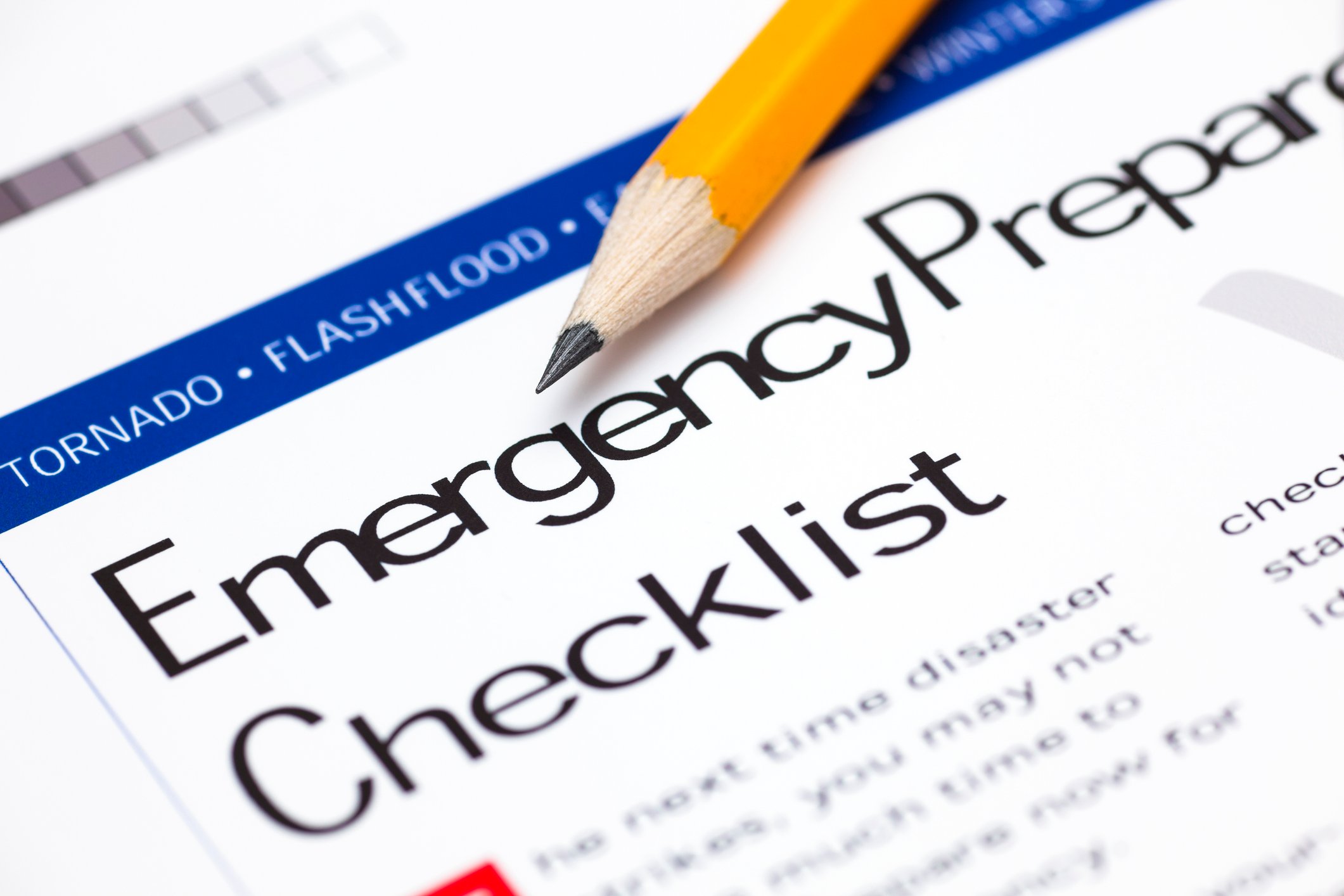Lately, the media has been filled with reports of devastating wildfires in Maui, destructive flooding in Vermont, and powerful tornadoes and earthquakes. These natural disasters serve as a reminder of the importance for Nurses to be prepared for any emergency.
Nurses play a vital role in disaster response, and being well-prepared for natural disasters is crucial to ensure they can provide effective care during these emergencies.
Here are steps Nurses can take to be prepared for natural disasters:
1. Education and Training:
-
Emergency Preparedness Courses: Nurses should consider taking courses in disaster preparedness and response. These courses often cover topics such as triage, emergency medical procedures, and disaster management protocols.
-
Basic Life Support (BLS) and Advanced Cardiac Life Support (ACLS): Maintaining current BLS and ACLS certifications is essential, as these skills are valuable in emergency situations.
-
ICS/NIMS Training: Familiarize yourself with the Incident Command System (ICS) and the National Incident Management System (NIMS). These frameworks are used in disaster response and coordination.
2. Workplace Protocols:
-
Nurses should be familiar with their healthcare facility's emergency protocols, including evacuation plans, roles and responsibilities during emergencies, and how to access emergency supplies.
-
Participate in emergency response drills and exercises at your workplace to become comfortable with the procedures and to identify any areas that need improvement.
3. Personal Preparedness:
-
Create a personal emergency plan for your family, including evacuation routes, meeting places, and communication strategies. Ensure everyone in your household understands the plan.
-
Build a personal emergency kit that includes essentials like water, non-perishable food, first aid supplies, medications, flashlight, batteries, and personal protective equipment (PPE).
-
Regularly update and refresh your emergency kit to ensure that supplies are not expired.
4. Stay Informed:
-
Keep informed about potential disasters or emergencies by following local news, weather alerts, and official sources of information.
-
Download emergency alert apps or subscribe to text alerts from local authorities.
5. Networking and Collaboration:
-
Establish relationships with other healthcare professionals and organizations involved in disaster response. This can include local public health agencies, emergency medical services (EMS), and disaster relief organizations.
-
Understand your role within a disaster response team and how to collaborate effectively with other healthcare providers.
6. Triage Training:
-
Understand the principles of triage, which involve assessing and prioritizing patients based on the severity of their injuries or conditions.
-
Practice triage scenarios to improve your ability to make quick and accurate decisions during emergencies.
7. Psychological Preparedness:
-
Be aware of the emotional and psychological challenges that can arise during disasters. Understand how to provide emotional support to patients, families, and even colleagues.
-
Consider taking courses or attending workshops on psychological first aid and stress management.
8. Documentation Skills:
- Emphasize the importance of accurate and thorough documentation during emergencies. Ensure that you are well-versed in charting procedures, both on paper and electronically.
9. Continuous Learning:
-
Stay up-to-date with the latest guidelines and best practices for disaster response and emergency medicine.
-
Attend conferences, seminars, and workshops related to disaster nursing and emergency preparedness.
10. Community Involvement:
- Participate in community disaster preparedness efforts. This involvement can help you better understand local risks and resources.
By following these steps, Nurses can enhance their preparedness for natural disasters, contributing to more effective and compassionate care during emergencies. Preparedness not only benefits Nurses but also the communities they serve.






